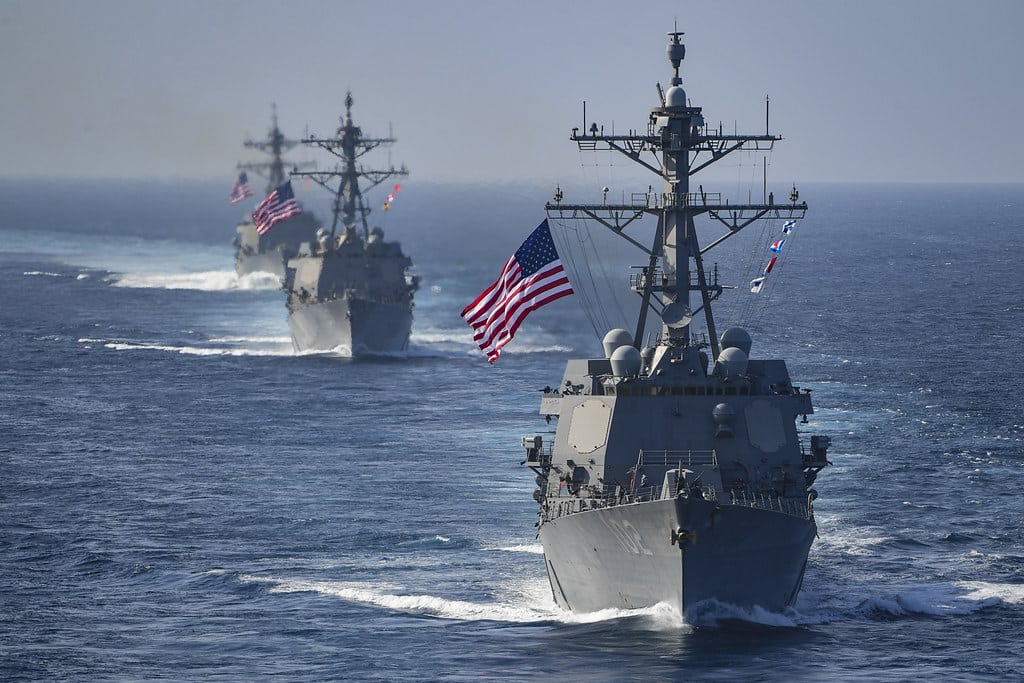Military whistleblower law “protects numerous whistleblower-related communications, even if they are made to hundreds of people,” said whistleblower law expert, Stephen M. Kohn. Kohn says the removal of Captain Brett Crozier as commanding officer of the aircraft carrier USS Theodore Roosevelt may have violated the military’s whistleblower provisions.
Yesterday the U.S. Navy announced that it removed Captain Crozier because he sent a memo to the Navy to raising concern for the sailors on his ship, which is in the midst of the COVID-19 outbreak. With more than 130 crew members already positive for the coronavirus, the Captain’s memo warned: “If we do not act now, we are failing to properly take care of our most trusted asset – our sailors.”
According to Kohn, military law permits Captain Crozier “to inform a wide range of officials of the life-threatening conditions aboard the USS Theodore Roosevelt.”
Disclosures protected under The Military Whistleblower Law include communications to:
- “any person or organization in the chain of command;”
- “a Member of Congress;”
- “a member of a Department of Defense audit, inspection, investigation, or law enforcement organization;” and “any other person or organization designated pursuant to regulations or other established administrative procedures for such communications.”
During a press conference yesterday, Acting Secretary of the Navy Thomas Modly stated his concern is the Captain sent his memo “pretty broadly, and in sending it out broadly he did not take care to ensure that it couldn’t be leaked, and that’s part of his responsibility, in my opinion.” Kohn alleges that there is no such requirement and that Secretary Modly statements to the media could be evidence of illegal retaliation. Even worse, says Kohn, the removal of Captain Crozier “creates a chilling effect on others who are trying to save lives by taking prompt and aggressive action to alert the public to health and safety threats.”
Learn more by reading the Coronavirus FAQ and Kohn’s article Whistleblowing and the Coronavirus Crisis.
Read Stephen Kohn’s article in the National Law Review: Removal of Navy Captain May Have Violated Military Whistleblower Law
